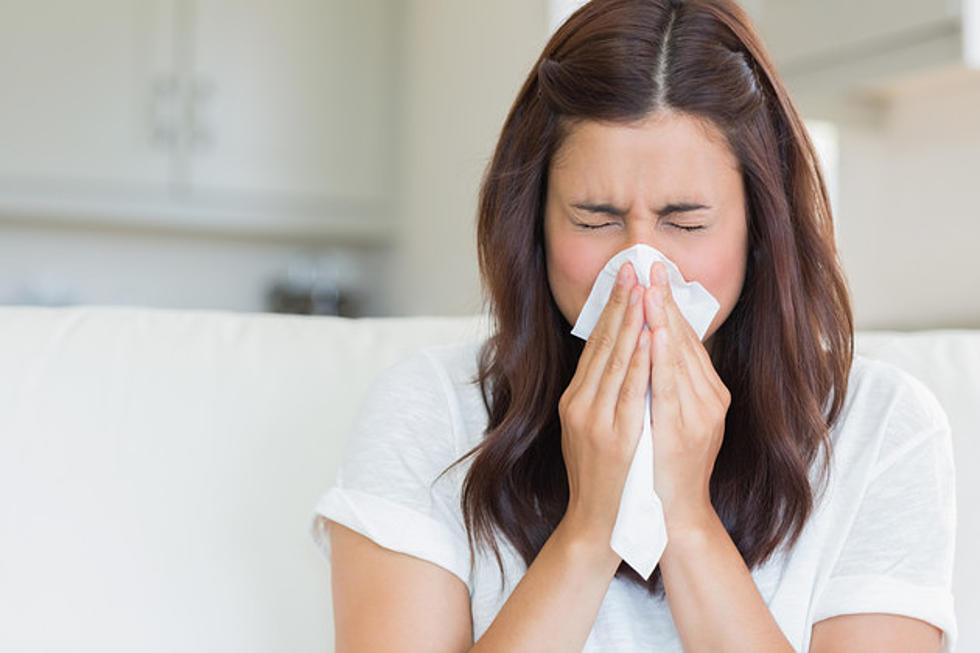
NJ 8th Healthiest State, According To New Data
New Jersey residents are getting healthier. Data released by United Health Foundation show that New Jersey ranks 8th in the country for overall health, its first time in the top ten.
New Jersey’s significant health improvement highlights its strengths, such as a decrease in the number of smokers and low infant mortality rates, but also its challenges, such as an increase in the number of children living in poverty. The rankings also proved that even in areas where the state performed relatively well compared to other states, there is still much work to be done. For example, while New Jersey ranked 4th in the nation for low rates of obesity, the percentage of the population that is obese continues to grow.
"The state also ranks in the top ten for high school graduation rates, low levels of cancer and infectious diseases," said Dr. Anju Sikka, medical director at United Health Foundation.
New Jersey’s Strengths
- New Jersey has one of the lowest smoking rates (16.8%) in the U.S., ranking third among the states.
- In the past ten years, infant mortality rates have decreased from 6.5 to 5.3 deaths per 1,000 live births, putting New Jersey in the top ten for states with low infant mortality rates.
- New Jersey is 7th in the nation for having a high number of primary care physicians per capita, with 137.7 primary care physicians per 100,000 population.
New Jersey’s Challenges
- The percent of children living in poverty has risen over the last year from 12.8 to 17.4 percent. Ten years ago, only 9.1 percent of children were living in poverty.
- Although New Jersey has lower obesity rates than most other states, the numbers have continued to rise steadily over the past 10 years, with 23.7 percent of New Jersey adults now identifying themselves as obese.
“America’s Health Rankings shows us that we’re making progress in New Jersey in areas such as smoking cessation and maternity and infant care,” said Dr. Sikka. “But it also shows us that we have to pay more attention than ever to health education about nutrition, especially for the increasing number of children living in poverty and may be struggling to get proper nutrition they need to grow up healthy. The results also point out the need to overcome cultural and language barriers to help all segments of the population better manage their health care.”
More From New Jersey 101.5 FM









